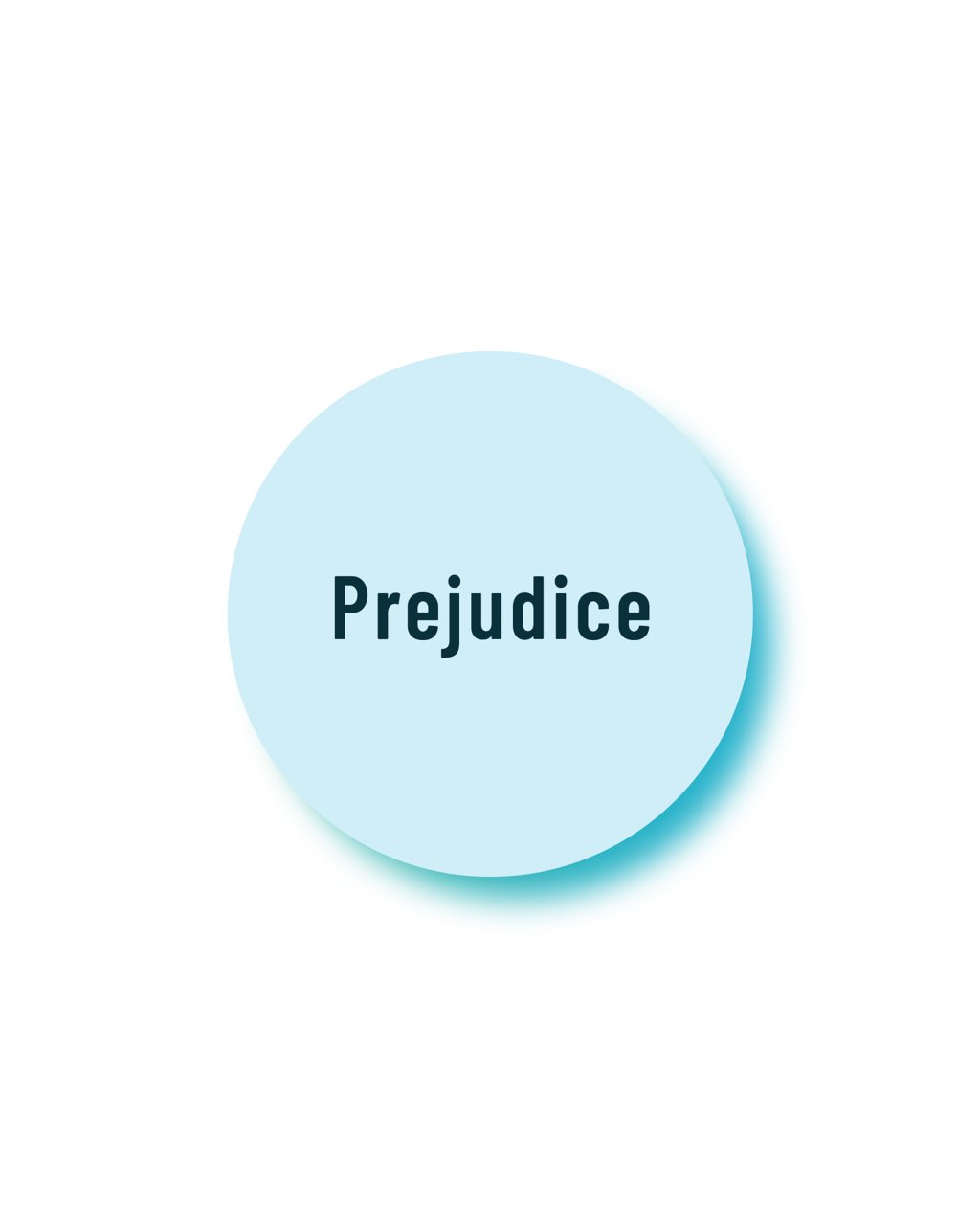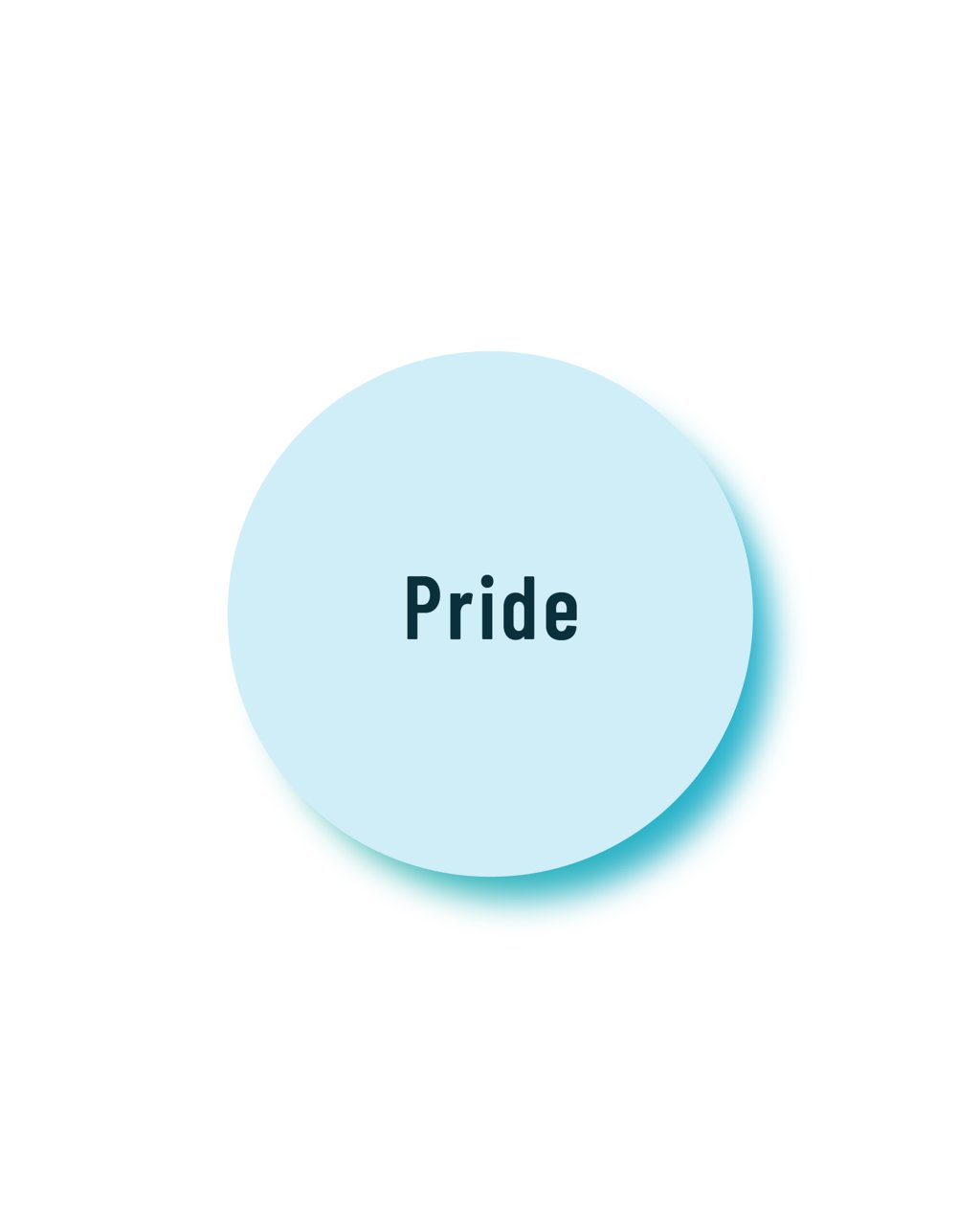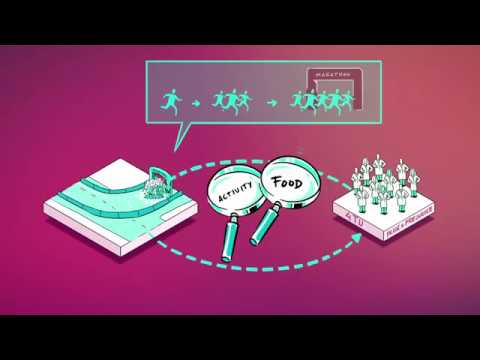The title of this project is - of course - derived from the famous Jane Austen novel. We think this name is appropriate for our project that aims to improve people’s lifestyles, because the two main words in the title refer to important and often experienced emotions in relation to changing a sub-optimal nutrition and/or physical activity pattern into a healthy lifestyle.
Part of the
4TU.
Pride and Prejudice


